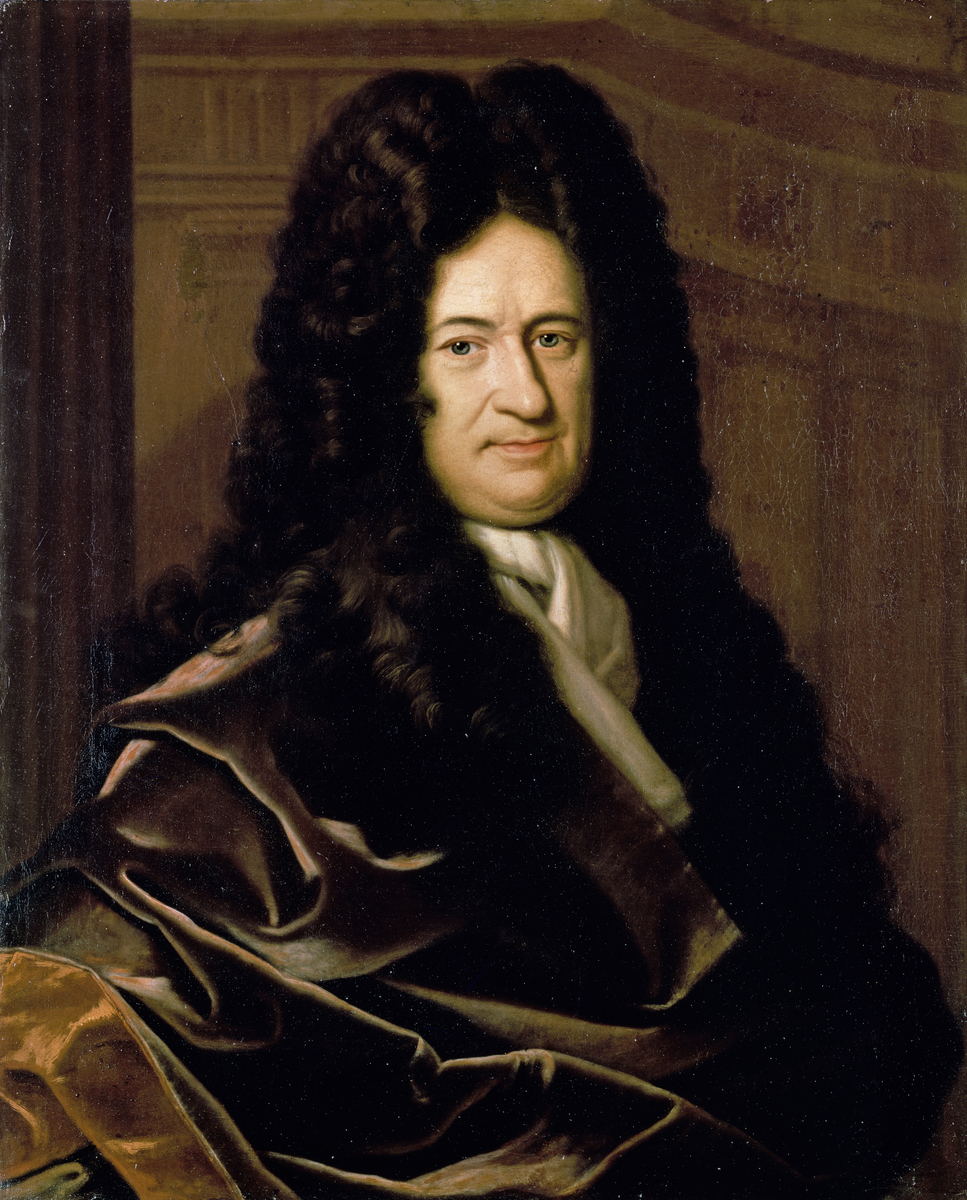Source

Source: bpk-Bildagentur, image number 70242455. For rights inquiries, please contact Art Resource at requests@artres.com (North America) or bpk-Bildagentur at kontakt@bpk-bildagentur.de (for all other countries).
Gottfried Wilhelm Leibniz (1646-1716) ranks alongside René Descartes (1596-1650), Thomas Hobbes (1588-1679), and Isaac Newton (1643-1727) as one of the greatest thinkers and polymaths of the seventeenth century. Today, the multi-talented Leibniz is remembered chiefly for his contributions to mathematics and philosophy. As a mathematician, he invented – independent of Newton – both differential and integral calculus; as a philosopher, he put his own stamp on rational philosophy through his theodicy, or justification of the goodness of the world of God’s creation. Leibniz had a degree in law from the University of Leipzig. Throughout his career, he wrote on law, ethics, and politics; he also worked in the service of various rulers. Among other appointments, he served for forty years as librarian, privy councilor, and historian to three consecutive rulers of the House of Brunswick. Leibniz’s thought, which highlighted unfolding processes of “perfection” in human life and history, exerted considerable influence on the thinkers of the German Enlightenment. Undated painting by Bernhard Francke (-1729).

Source: bpk-Bildagentur, image number 70242455. For rights inquiries, please contact Art Resource at requests@artres.com (North America) or bpk-Bildagentur at kontakt@bpk-bildagentur.de (for all other countries).
bpk / Herzog Anton Ulrich-Museum / C. Cordes